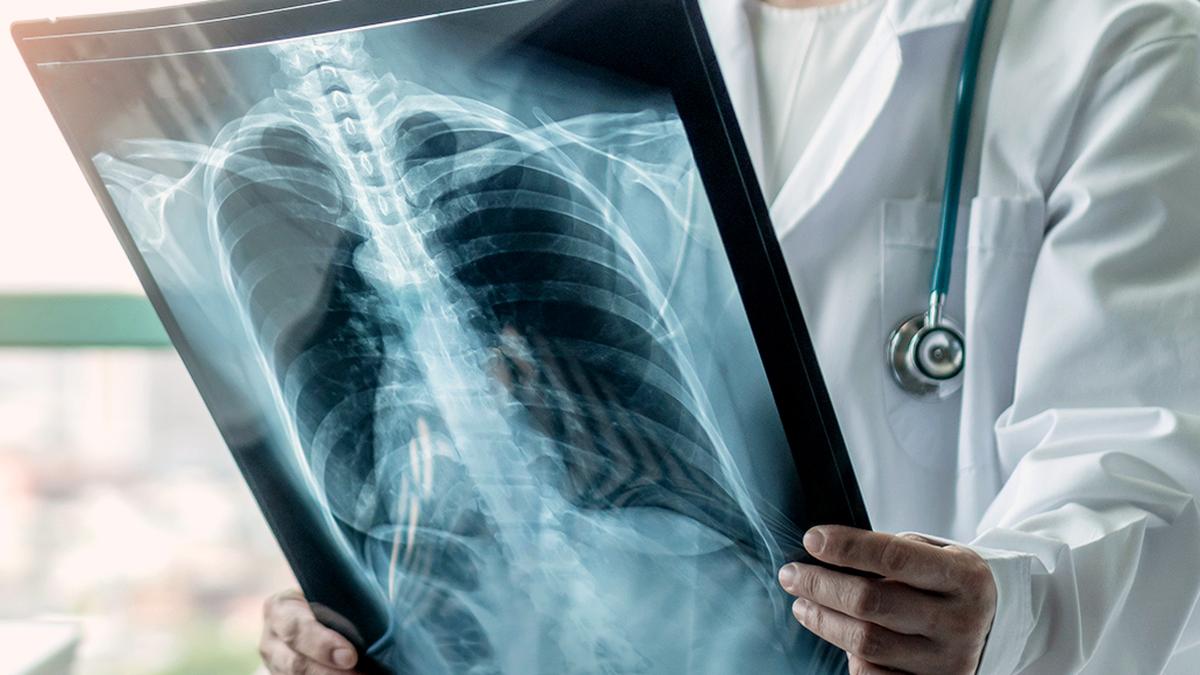
Children, teens in India under-represented in drug-resistant tuberculosis case numbers, find studies
The Hindu
Studies show under-representation of children and teens with multidrug-resistant TB, calling for focused case-finding efforts in this age group.
Studies have found that children and teenagers treated for multidrug-resistant tuberculosis, including those in India, are under-represented in case numbers, with researchers calling for a "focus for case-finding efforts" in this age group.
A tuberculosis (TB) patient is said to be multidrug-resistant when the bacteria strain causing the infection has become immune to at least two effective drugs.
Multidrug-resistance is a significant challenge in eliminating the bacterial disease, as the complication increases treatment durations, which further risks the spread of the infection.
Researchers reviewed previously published studies to understand trends in multidrug-resistant treatment of TB in children and teenagers aged 18 or below. One of the reviews, by researchers that included those from the Union Ministry of Health and Family Welfare, analysed 42 studies involving over 23,369 children and teenagers aged 19 or below, mostly from India and South Africa.
The findings, published in The Lancet Child and Adolescent Health journal, revealed that nearly three in every four children or teens was successfully treated, with treatment durations typically lasting 16 months overall.
"Younger and clinically diagnosed children are under-represented among those treated for MDR (multidrug-resistant) and RR (rifampicin-resistant) tuberculosis and should be a focus for case-finding efforts," the authors wrote.
Rifampicin is a key drug recommended by the World Health Organization as first-line treatment for TB.













